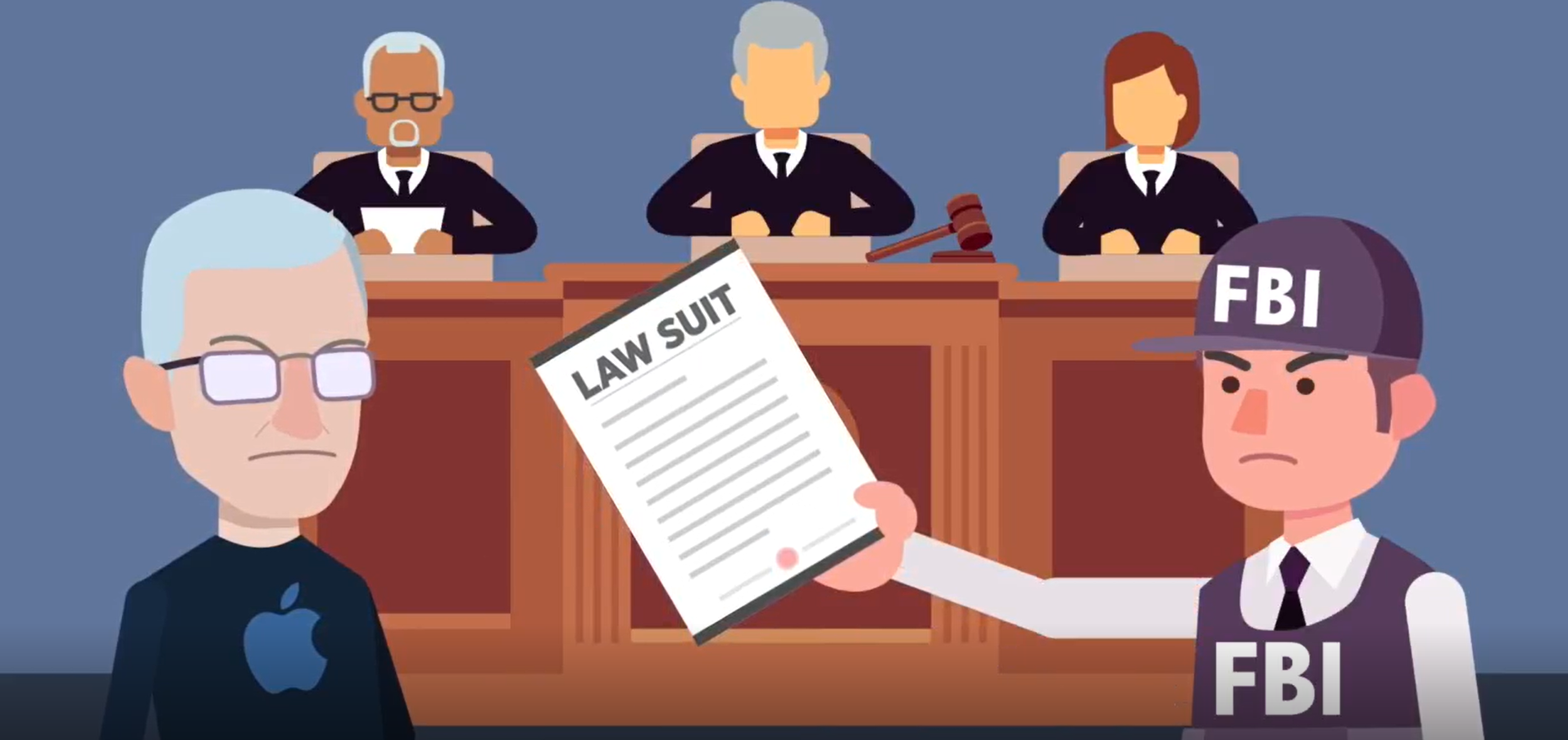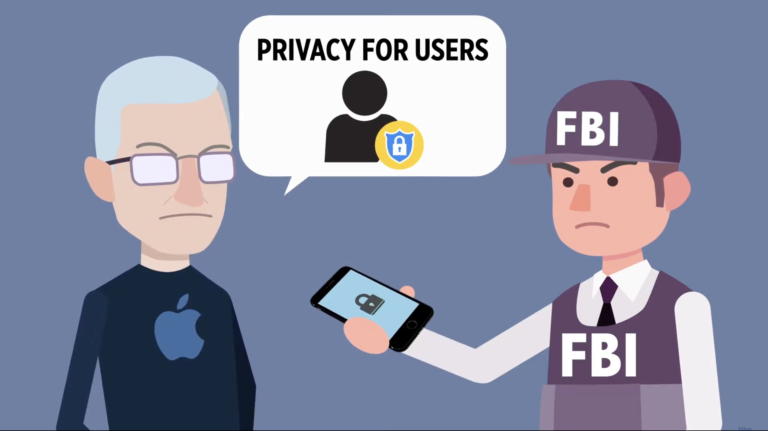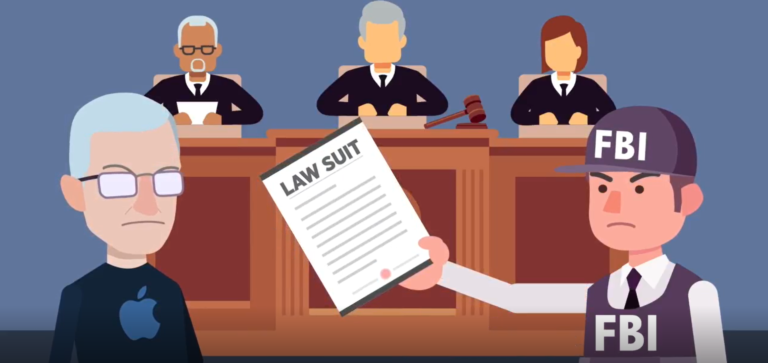Transcript
Are there countries that have instituted certain types of controls or filters? And do we feel that those things are necessary? And do we feel that those are the type of things that as users, we should hand over to the government? If not, where do we draw that line?
This is tricky. Many people would look at certain governments and characterise them as authoritarian or very aggressive states in terms of their policing of people.
There are nearly one billion surveillance cameras in the world. For example, London is one of the most surveilled cities with 67.5 CCTV cameras per 1000 people. Beijing has the highest number of cameras in total, with over 1.1 million installed in the city.
It seems true to a certain extent that we’ve already given up so many concepts of freedom and so much private information, and we don’t even realise what the effects of that will be. So we think, as a society, we definitely need to take into account the freedom we have already given away.
But now as we’re looking at this issue retroactively, it’s not just about us as the data providers or the government as the eventual user, but also the companies in between. So the question to FinTech is what is the moral obligation of those companies in the middle in terms of protecting that data?
That leads to a fundamental question, do we own the right to our own private data? One reason that distributed ledger and blockchain are so appealing to many people is the idea of privacy. Private data is one of the biggest and most important commodities in the world right now, yet we individuals who the data is about, have no control over who sees it, who uses it, who sells it, etc.
We need to figure out these questions as societies, and they apply to not only FinTech, but also other industries who are using these technologies. So if we think about the commercialization of DNA testing, in which you provide different samples to companies so they can check your family’s disease history or health markers in your DNA. There are lots of debates and questions about who actually owns that DNA after you hand it over to the companies. That date is so uniquely yours yet, can you hand that over to somebody else?
And that’s a very similar situation to what we had described before about us signing up for apps ignorantly, not understanding what rights we were giving away. In these kinds of DNA tests and other types of commercial biotechnology projects that are going on, there’s also ignorance around what we are actually giving up to these companies.
2018, the police of the state of California arrested Joseph DeAngelo, a serial killer who had been on the run for decades. How did they do that? Well it turned out that Joseph got curious about his genes and got a commercial DNA test. The result ended up being on a public database which led the police to his arrest.
How do you feel about this?
We should be super excited because the murderer is off the street and justice is served. But wait, how did his personal DNA data end up in the hands of the police authorities?
This is the dichotomy that we face now. The utilisation of smartphones and all these technologies has opened up so many avenues in life that we’ve never been exposed to. But we are simultaneously becoming the product ourselves.
We don’t think we have really understood the repercussions of that yet.
Discussion Questions
- How much control over your private data do you think you have?
- Do you see things improving or getting worse in the future?



